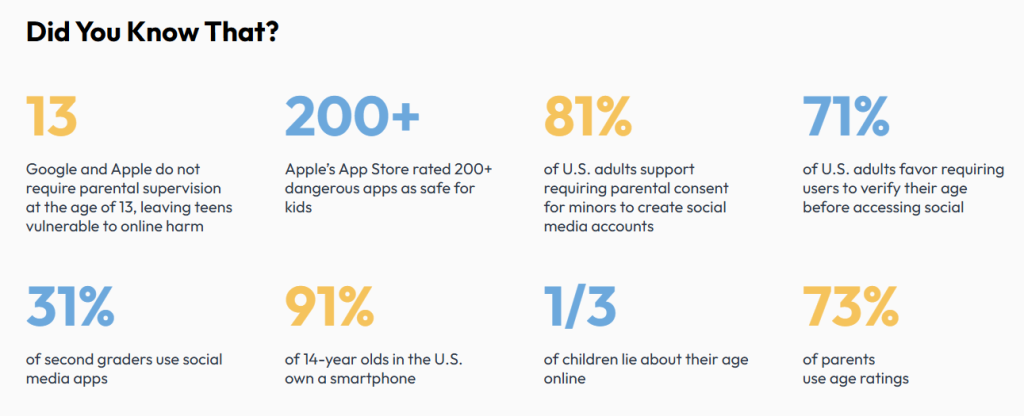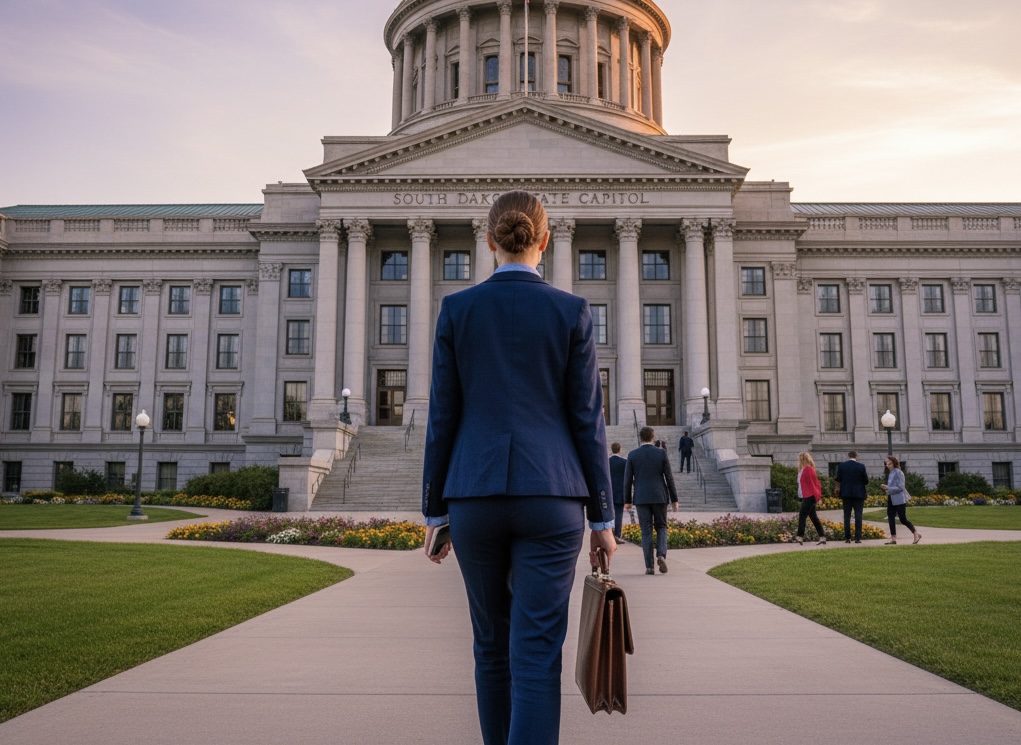South Dakota lawmakers recently considered a bill that would require app stores like Google Play to verify the ages of users and obtain parental consent before enabling minors to use certain applications. Senate Bill 180, also known as the App Store Accountability Act, would have leveraged existing infrastructure within app stores to verify users’ age while avoiding the need for individual app developers to build complex compliance systems. This legislation is modeled after a similar bill currently advancing through the Utah state legislature.
A South Dakota legislative committee rejected the bill this week.
Digital Childhood Alliance, a strong proponent of current and emerging App Store Accountability Acts, details exactly why such a bill is so needed in today’s technological environment:

There’s no arguing that the internet is a dangerous place for children – that’s why the South Dakota legislature passed another bill that would follow in the footsteps of 19 other states and require pornographic websites to verify users are 18+ before granting access to the platform. HB 1053 is a huge step in the right direction, and the legislation requiring safety measures for app stores would have been a great “step two.”
As it stands, children can freely download a host of concerning applications without their parents’ knowledge or consent. Click here for a list of 30 concerning applications kids currently have access to.
“Parents are undermined by app stores which fail to safeguard children, allow minors to download and purchase apps without parental approval, and mislead families with inaccurate app ratings and content descriptors,” Digital Childhood Alliance noted.
This bill is not about policing what minors are allowed to download on their phones – it’s about enabling parents to choose what their children have access to and helping families protect their kids.
Senate Bill 180 would have tethered a child’s app store account to their parent’s account and required that the app store provide a parental consent mechanism with an accurate description and age rating for the app. The notification would also include information about what data the app collects and shares. The parent would be asked to give approval before their child can access it on their phone.
In addition to the concerning content found on many of these apps, it’s important to remember that each application comes with its own “terms of service” agreement, which is essentially a legal contract. Because minors do not have the ability to sign legal agreements, it’s important to bring parents into the equation. Both for oversight on the terms of service, and protection against harmful material.
“For years, we’ve pleaded with Apple and Google to step up and protect families, but they have consistently fallen short with insufficient efforts,” Digital Childhood Alliance explained. “These straightforward measures are essential to safeguard our privacy and ensure our children’s safety. It’s time to act…”
Although we are disheartened by the failure of the bill this session, this is only the beginning of the effort. Many important efforts require multiple years to secure passage, and we will continue to advocate for this important measure.






